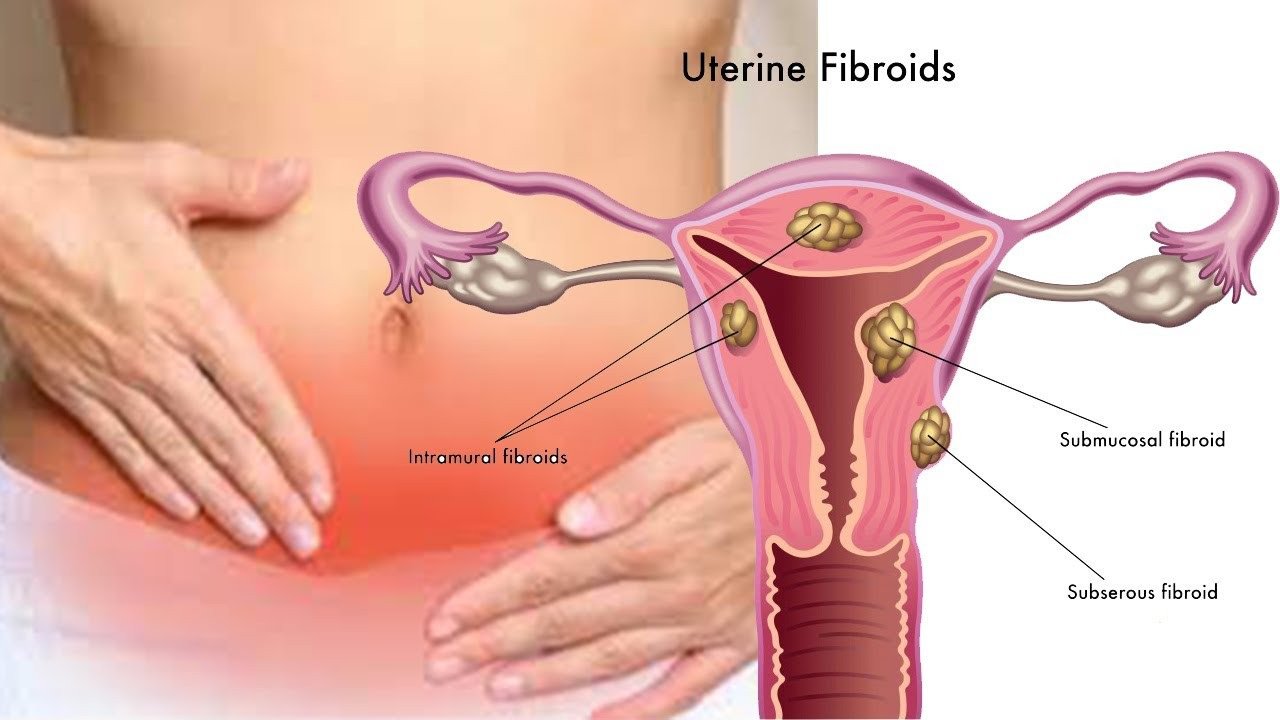A recent study published in Nature Communications by Northwestern Medicine researchers has brought to light new genes associated with the development of uterine fibroids. Uterine fibroids, benign growths in the uterus, are highly prevalent, with approximately 70% of women developing them at some point in their lives, as per data from the U.S. Department of Health and Human Services Office on Women’s Health.
While most women with uterine fibroids experience no adverse effects, around a quarter of those affected may suffer from symptoms such as excessive uterine bleeding, anemia, and recurrent pregnancy loss.
Dr. Mazhar Adli, the Thomas J. Watkins Memorial Professor of Tumor Genomics and an associate professor of Obstetrics and Gynecology at Northwestern Medicine, highlighted that despite their commonality, uterine fibroids remain insufficiently researched compared to other medical conditions, particularly tumors.
In their recent study, the Northwestern Medicine team conducted a meta-analysis utilizing existing genome-wide association studies on uterine fibroids, encompassing over 20,000 cases. The analysis led to the identification of 24 novel risk loci on the human genome, where genetic variations increase the likelihood of developing uterine fibroids. Furthermore, by integrating this information with single-cell gene expression data from uterine fibroid patients, the researchers pinpointed specific cell types exhibiting elevated expression of these high-risk genes, revealing a previously unrecognized involvement of immune cells alongside smooth muscle cells in fibroid development.
Previously, it was believed that around 120 genes played a role in uterine fibroid risk, but through the incorporation of 3D genomic organization and epigenomic data, Adli’s team speculated that nearly 400 genes could be implicated in fibroid development. To validate the disease-associated genes, the researchers employed CRISPR-based epigenetic repression or activation of fibroid-related genomic regions.
Dr. Adli emphasized that the study’s significance lies not only in identifying populations at higher risk of uterine fibroids but also in shedding light on the genetic underpinnings of the condition. The study’s inclusivity was another key aspect, as it incorporated data from individuals of diverse ancestries, offering a more comprehensive understanding of uterine fibroid risk compared to prior studies that primarily focused on patients of European descent.
Moving forward, Adli and his collaborators intend to leverage these findings to explore the potential inhibition of identified genes in disease models to determine if halting their activity could impede uterine fibroid growth. By delving deeper into the genetics of the condition, the researchers aim to pinpoint which genes should be targeted to prevent the development of uterine fibroids.
The study underscores the importance of investigating diseases across diverse ancestral populations, as highlighted by the differing genomic regions associated with uterine fibroids between populations of European, Black, and Japanese descent. Through further research and experimentation, Adli’s team strives to advance the understanding and management of uterine fibroids.
*Note:
1. Source: Coherent Market Insights, Public sources, Desk research
2. We have leveraged AI tools to mine information and compile it


